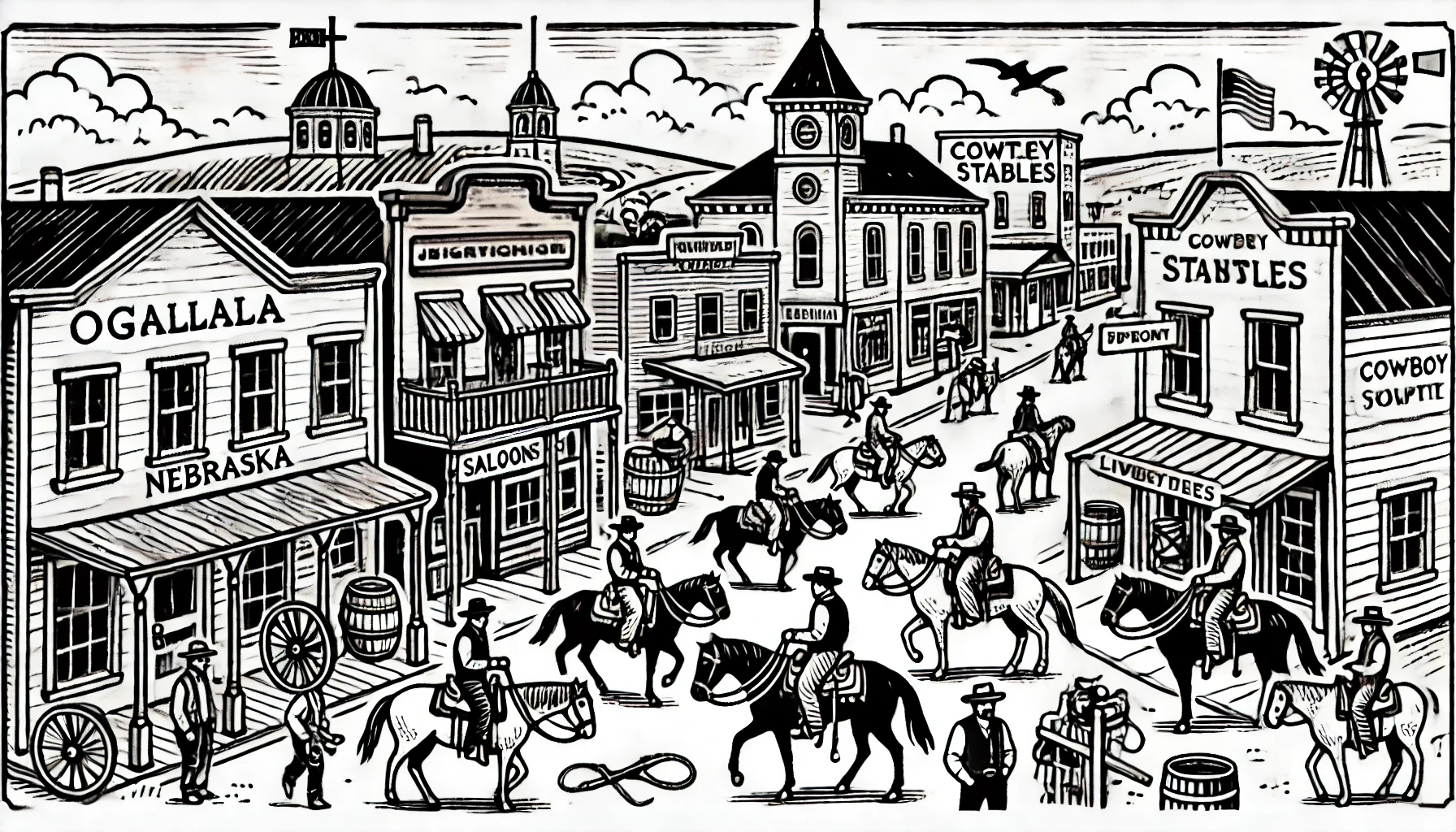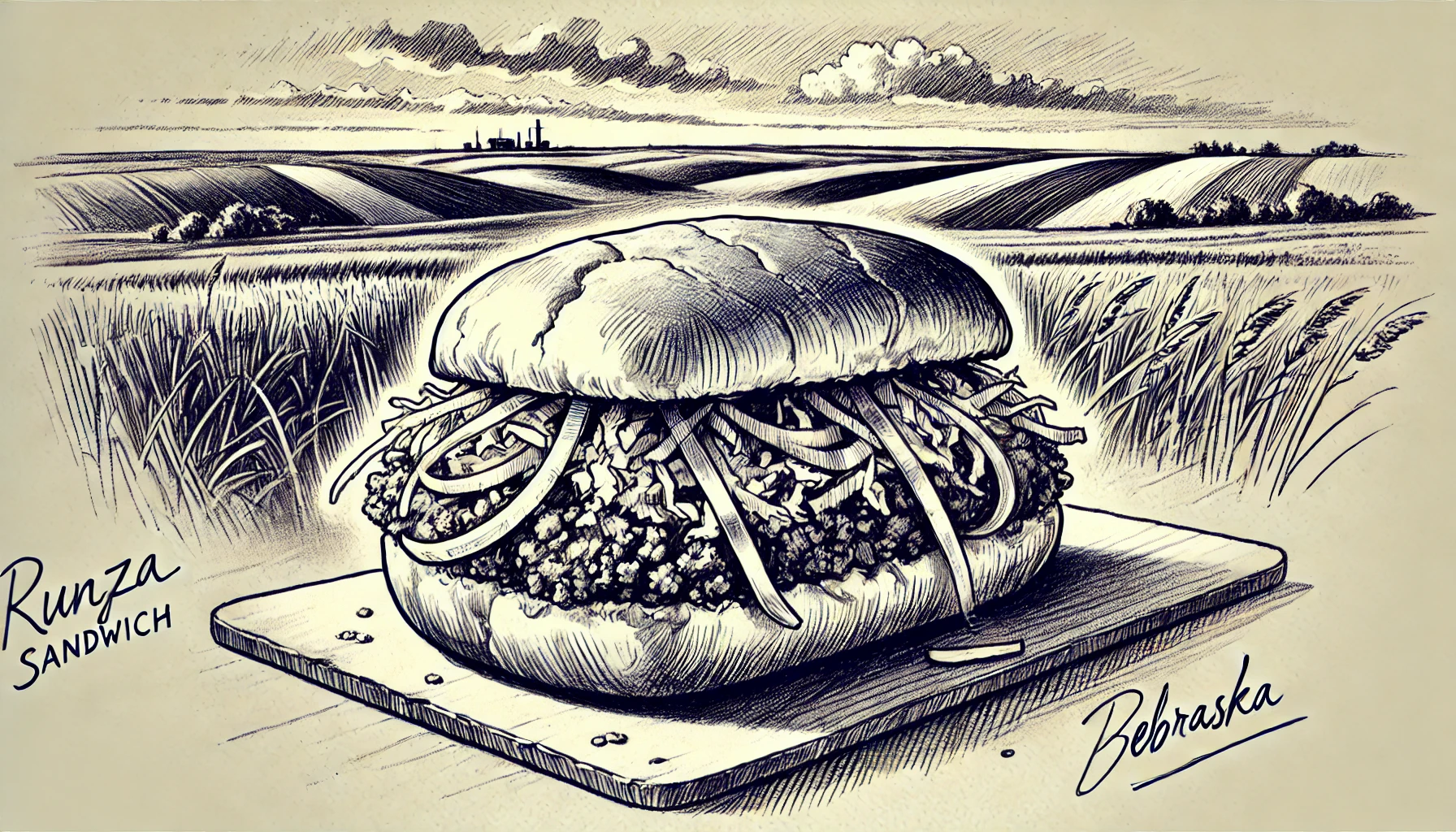Small Scale Livestock Farming in Nebraska

As travelers make their way through the rolling hills and vast plains of Nebraska, they may notice small scale livestock farms dotting the landscape. These farms, often family-owned and operated, play a vital role in the state's agricultural industry and provide a unique opportunity for locals and visitors to experience the rich flavors and traditions of Nebraska's livestock farming heritage. In this article, we'll delve into the world of small scale livestock farming, exploring its history, benefits, and modern applications.
One of the most noted benefits of small scale livestock farming is the ability to produce high-quality, locally-grown products. For example, the Liebenthal Angus Ranch in rural Nebraska, has been raising Angus cattle since the 1950s using sustainable practices and feeding methods. This commitment to quality has earned them a reputation as one of the top Angus breeders in the state, providing premium beef to local markets and restaurants. By focusing on a smaller scale, these farms can more easily adapt to changing market trends and consumer demands, ensuring that their products remain relevant and in-demand.
Small scale livestock farming also provides a vital economic boost to local communities. Many of these farms are multi-generational, with family members working together to manage every aspect of the operation. The Wagonhammer Farm in Kearney, Nebraska for example, is a fifth-generation farm that has been in operation since the 1800s. By keeping profits local, these farms can invest in their communities and support other local businesses, creating a ripple effect that benefits the entire region. This emphasis on community engagement and local investment is a key factor in the enduring success of small scale livestock farming in Nebraska.
Another advantage of small scale livestock farming is the opportunity for innovative and experimental approaches to animal husbandry. The University of Nebraska-Lincoln's Great Plains Systems Research Unit in Clay Center, Nebraska is a leading center for research on sustainable livestock production systems. The unit's researchers work closely with local farmers to develop and test new techniques, such as rotational grazing and cover cropping, that improve soil health and reduce environmental impacts. This cutting-edge research is then shared with other farmers, allowing the wider agricultural community to benefit from the latest discoveries and best practices.
In addition to their economic and environmental benefits, small scale livestock farms also provide an essential link to Nebraska's rich cultural heritage. Many of these farms have been in operation for decades, with owners and operators proud to share their knowledge and traditions with visitors. The Nebraska State Historical Society recognizes the importance of these farms in preserving the state's agricultural history and has established programs to support and promote small scale livestock farming. By visiting these farms and learning about their history and operations, travelers can gain a deeper appreciation for the state's livestock farming traditions and the people who have worked tirelessly to preserve them.
While small scale livestock farming in Nebraska faces its share of challenges, such as climate change and shifting market trends, the benefits of this approach to animal husbandry are undeniable. By focusing on local markets, innovative practices, and community engagement, these farms are helping to build a more resilient and sustainable agricultural system. As travelers explore the rolling hills and vast plains of Nebraska, they would do well to visit some of these remarkable small scale livestock farms, sampling the rich flavors and traditions that have been preserved through generations of dedication and hard work.
The experience of visiting a small scale livestock farm can also provide insight into the inner workings of Nebraska's food systems and the mechanics of livestock farming. Many farms now offer agritourism activities, which provide a unique way for visitors to learn about farm operations and connect with the people behind the products they consume. Some farms even offer hands-on experiences, allowing visitors to participate in farm activities such as animal feeding and milking.
Small scale livestock farming in Nebraska is an ever-changing and dynamic sector that requires the farm operators to innovate and adapt constantly to the changing world. From addressing environmental concerns to adhering to health and safety regulations, the responsibilities placed on small scale farmers are unmatched. However, the benefits far outweigh the risks, and those who have made the commitment to livestock farming will tell you it is truly worth it.
One of the most noted benefits of small scale livestock farming is the ability to produce high-quality, locally-grown products. For example, the Liebenthal Angus Ranch in rural Nebraska, has been raising Angus cattle since the 1950s using sustainable practices and feeding methods. This commitment to quality has earned them a reputation as one of the top Angus breeders in the state, providing premium beef to local markets and restaurants. By focusing on a smaller scale, these farms can more easily adapt to changing market trends and consumer demands, ensuring that their products remain relevant and in-demand.
Small scale livestock farming also provides a vital economic boost to local communities. Many of these farms are multi-generational, with family members working together to manage every aspect of the operation. The Wagonhammer Farm in Kearney, Nebraska for example, is a fifth-generation farm that has been in operation since the 1800s. By keeping profits local, these farms can invest in their communities and support other local businesses, creating a ripple effect that benefits the entire region. This emphasis on community engagement and local investment is a key factor in the enduring success of small scale livestock farming in Nebraska.
Another advantage of small scale livestock farming is the opportunity for innovative and experimental approaches to animal husbandry. The University of Nebraska-Lincoln's Great Plains Systems Research Unit in Clay Center, Nebraska is a leading center for research on sustainable livestock production systems. The unit's researchers work closely with local farmers to develop and test new techniques, such as rotational grazing and cover cropping, that improve soil health and reduce environmental impacts. This cutting-edge research is then shared with other farmers, allowing the wider agricultural community to benefit from the latest discoveries and best practices.
In addition to their economic and environmental benefits, small scale livestock farms also provide an essential link to Nebraska's rich cultural heritage. Many of these farms have been in operation for decades, with owners and operators proud to share their knowledge and traditions with visitors. The Nebraska State Historical Society recognizes the importance of these farms in preserving the state's agricultural history and has established programs to support and promote small scale livestock farming. By visiting these farms and learning about their history and operations, travelers can gain a deeper appreciation for the state's livestock farming traditions and the people who have worked tirelessly to preserve them.
While small scale livestock farming in Nebraska faces its share of challenges, such as climate change and shifting market trends, the benefits of this approach to animal husbandry are undeniable. By focusing on local markets, innovative practices, and community engagement, these farms are helping to build a more resilient and sustainable agricultural system. As travelers explore the rolling hills and vast plains of Nebraska, they would do well to visit some of these remarkable small scale livestock farms, sampling the rich flavors and traditions that have been preserved through generations of dedication and hard work.
The experience of visiting a small scale livestock farm can also provide insight into the inner workings of Nebraska's food systems and the mechanics of livestock farming. Many farms now offer agritourism activities, which provide a unique way for visitors to learn about farm operations and connect with the people behind the products they consume. Some farms even offer hands-on experiences, allowing visitors to participate in farm activities such as animal feeding and milking.
Small scale livestock farming in Nebraska is an ever-changing and dynamic sector that requires the farm operators to innovate and adapt constantly to the changing world. From addressing environmental concerns to adhering to health and safety regulations, the responsibilities placed on small scale farmers are unmatched. However, the benefits far outweigh the risks, and those who have made the commitment to livestock farming will tell you it is truly worth it.
